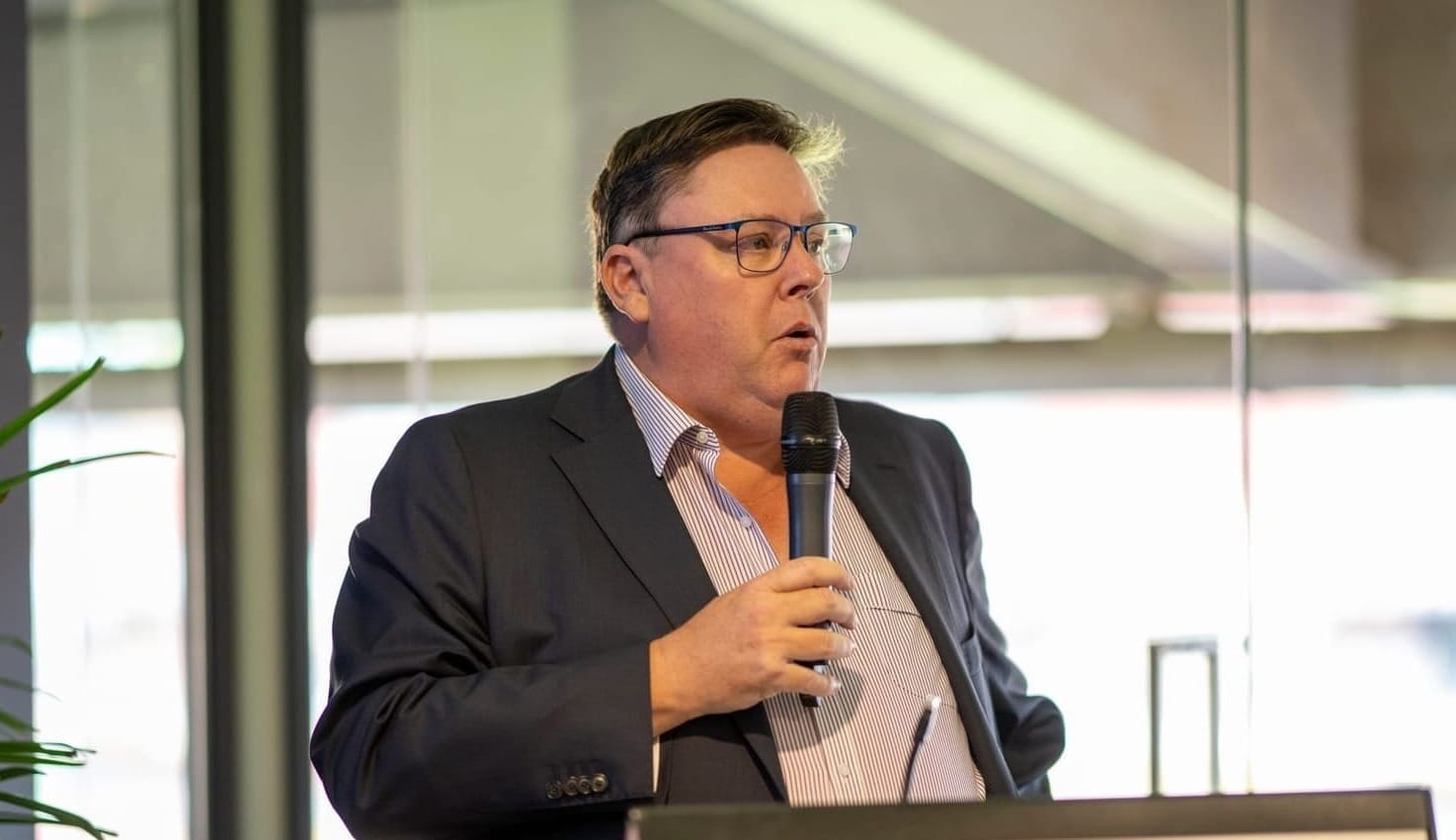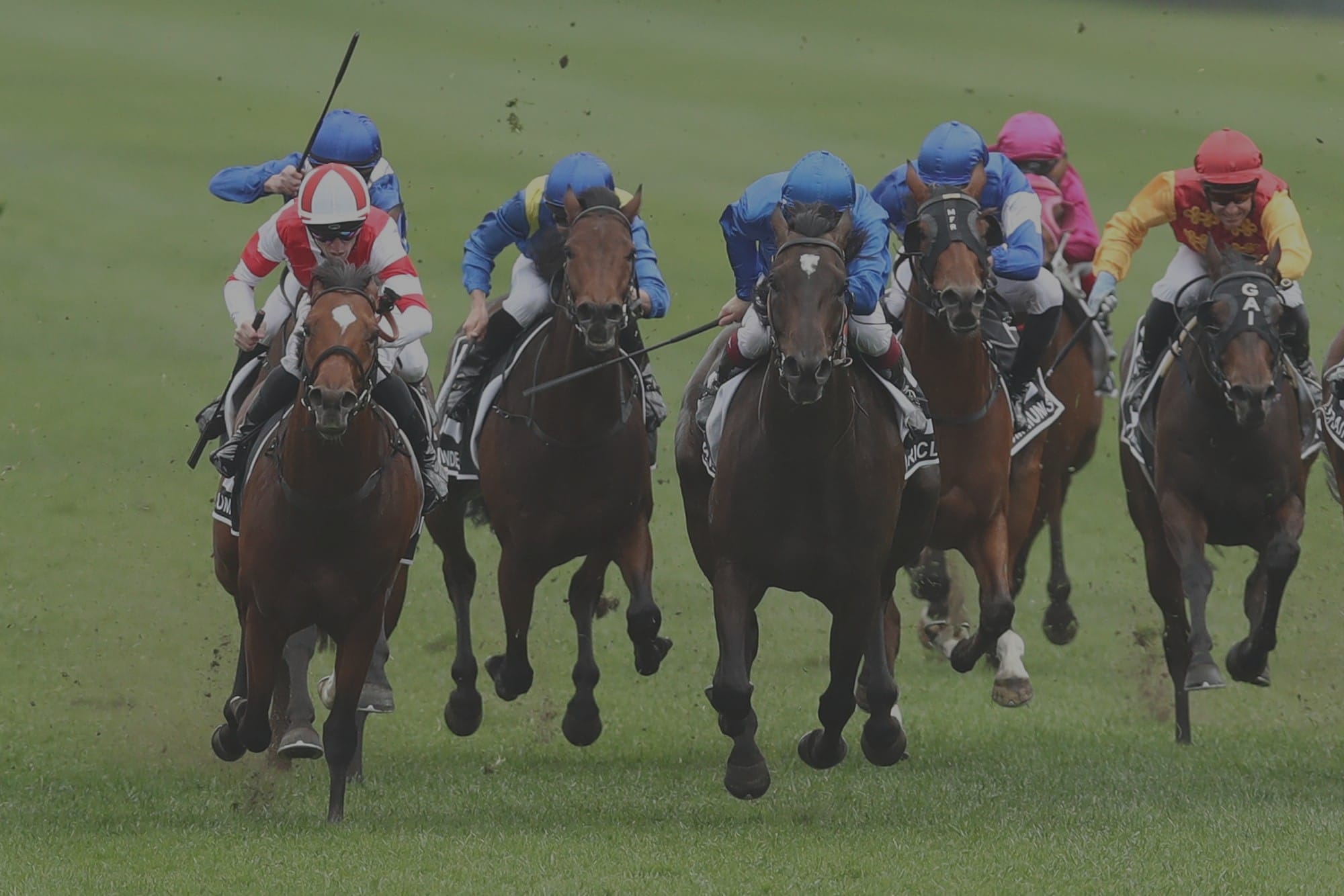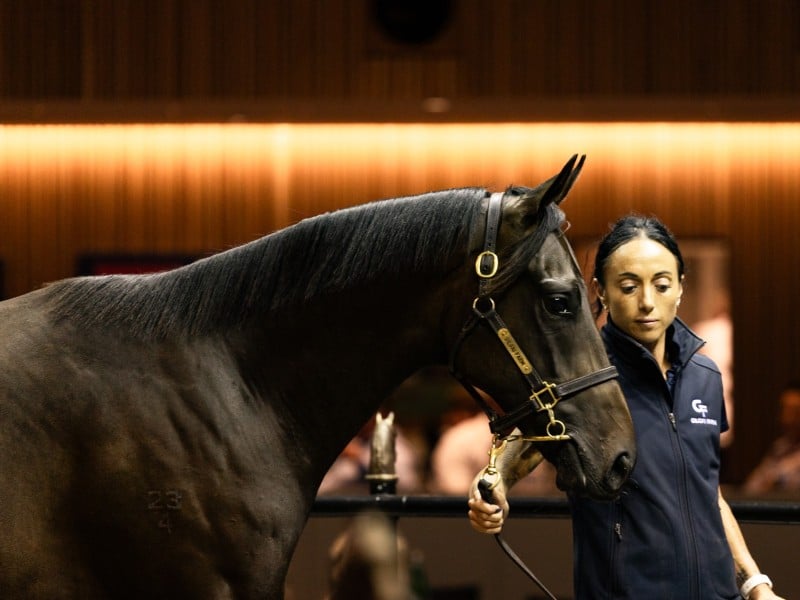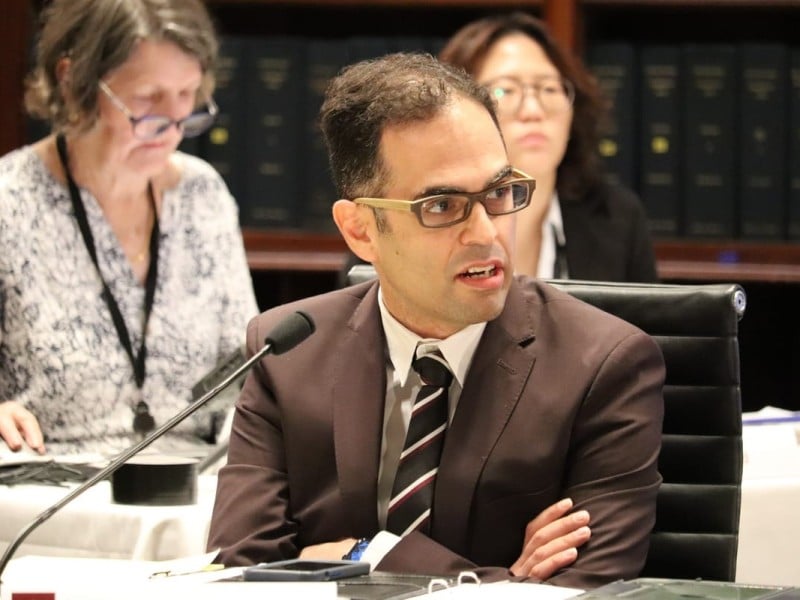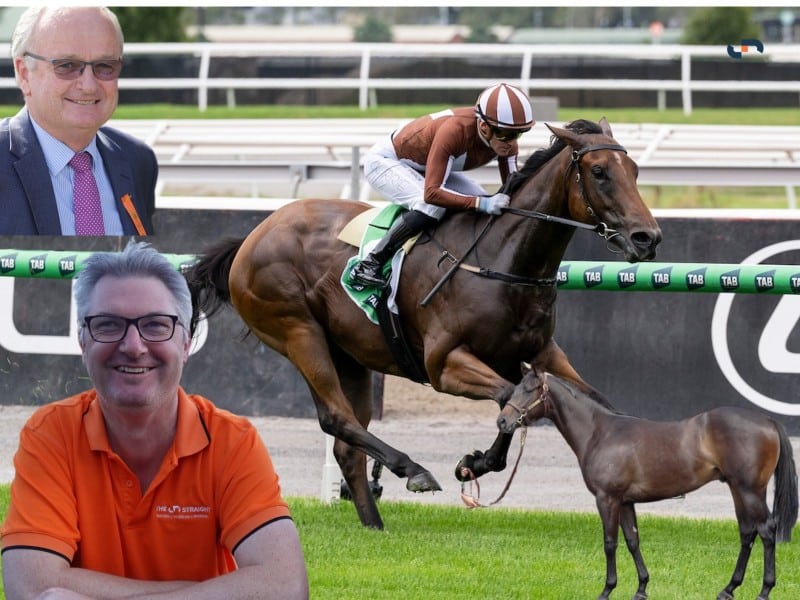Economic report reveals $2.4 billion contribution by Queensland racing
An independent data study has found that racing’s impact on the Queensland economy has doubled in less than a decade.
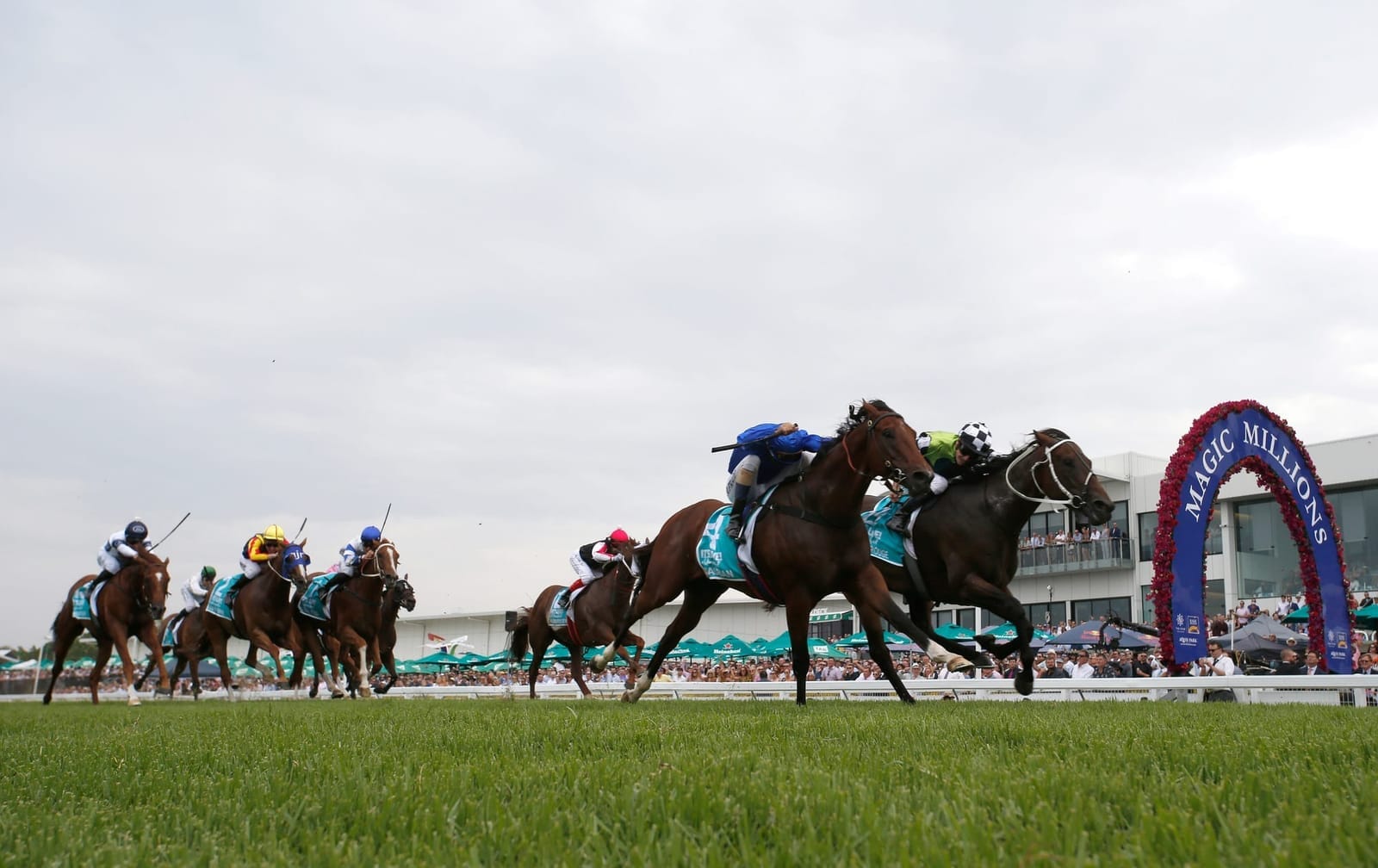
Encompassing the three codes of racing, the study revealed the industry’s economic contribution has grown from $1.2 billion in 2016 to $2.4 billion in 2023.
Thoroughbred racing accounted for 75 per cent of the latest figures compiled by IER – a specialist strategic consulting business that collates data on the tourism, events and entertainment industries.
The study revealed that thoroughbred racing in Queensland had a $1.825 billion impact, providing full-time employment for more than 12,000 people in 2023.
But in terms of improved growth, Queensland’s greyhound racing industry emerged as a clear leader.
Estimated to have an economic impact of $113 million in 2016, greyhound racing contributed $344 million in 2023 – a 204 per cent increase.
Greyhound racing overtook its harness counterpart in 2022 for the scale of its impact on the state’s economy.
According to the IER report, harness racing has grown by 64 per cent since 2016 but it now sits as the weakest of the three codes in terms of its place as an economic driver.
Combined, the three codes have experienced a 66 per cent growth in jobs and once again greyhound racing has been a standout area for employment.
From 911 employees in 2016, Queensland greyhound racing now has a workforce of almost 2250 – a 147 per cent increase.
The boom shows no sign of slowing down with a $200 million economic impact increase year-on-year from 2022.
“The economic value of racing in Queensland has now doubled under the current Labor government since 2015.” – Grace Grace
During the same period, a further 246 full-time racing industry-related jobs were created.
Participant numbers have remained steady with 49,766 people presently involved in the Queensland racing industry.
Queensland Racing Minister Grace Grace said the study confirmed racing’s status as a vital cog in economic contribution and employment across the state.
“The economic value of racing in Queensland has now doubled under the current Labor government since 2015,” Grace said.
“This incredible result has only been possible thanks to the important reforms this government delivered around integrity, animal welfare and financial sustainability, as well as building new infrastructure that has given the industry confidence to grow for future success.
“With around 30 race meetings staged in Queensland every single week, and almost 50,000 participants driving the industry, racing is absolutely thriving in the Sunshine State.

Racing Queensland (RQ) chairman Steve Wilson said the strong economic and employment figures confirmed the significant role the industry plays in the state.
“The IER data once again highlights how wide-ranging and impactful the racing industry’s size and scale is across Queensland,” Wilson said.
“Our unrelenting focus on returning payments to participants including prize money – along with strategic infrastructure – has provided confidence in the industry, and in return, strong economic growth and employment figures.
“Importantly, the continued rise in value-added contribution remains consistent in rural Queensland, with more than half directly benefiting regional economies.”
The report is welcome news for RQ as it deals with concerns surrounding two of its highest-profile racetracks.
Brisbane’s premier racecourse Eagle Farm will be closed for racing for at least a month as the Brisbane Racing Club navigates a way around safety concerns.
A construction site on the Eagle Farm home turn has been blamed on several racing incidents, the latest of which caused jockey Robbie Dolan to be dislodged from his mount on Saturday.
Jockeys refused in the next two races, forcing the meeting to be called off.
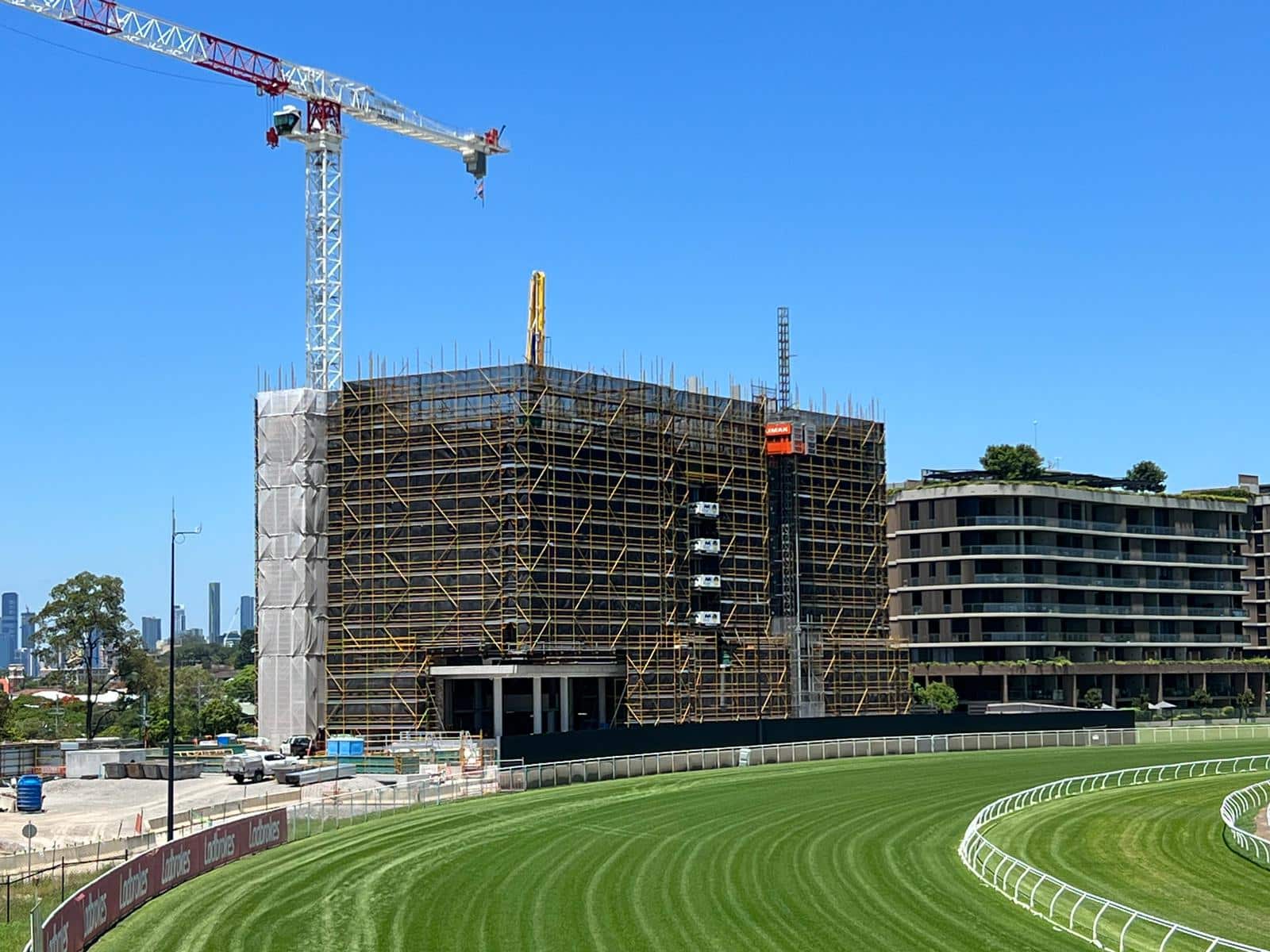
The Gold Coast Turf Club’s newly installed course proper has also attracted unwanted headlines.
Its turf has not been used since a meeting in March when it was deemed unfit for racing.
Despite these issues, RQ chief executive Jason Scott said the prospect for further growth in Queensland racing was promising.
“The outlook remains bright for racing with a pipeline of major infrastructure projects nearing completion,” he said.
“This is supported by the government’s betting tax reform which invests 80 per cent of revenue back into the industry.”
